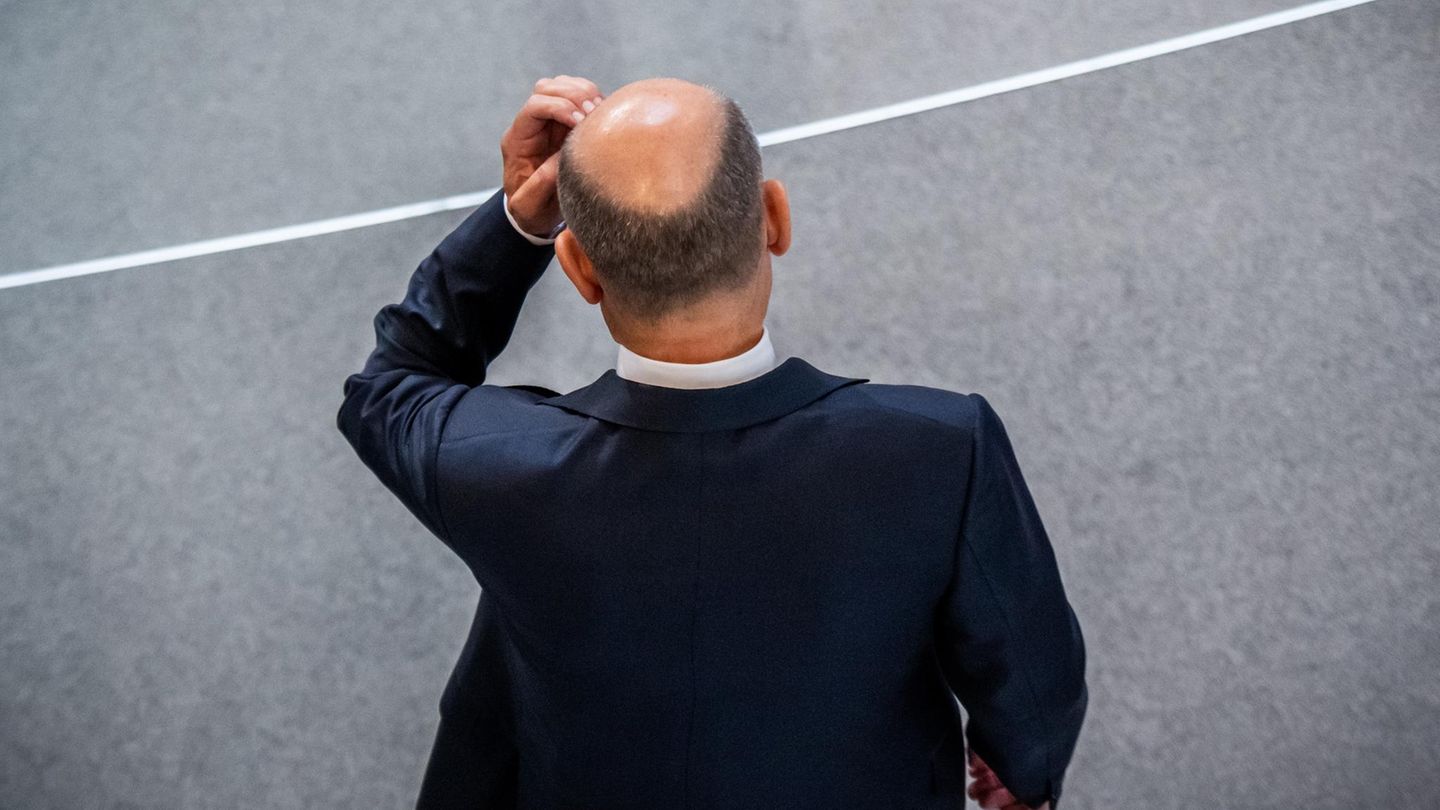I have been working in the news industry for over 6 years, first as a reporter and now as an editor. I have covered politics extensively, and my work has appeared in major newspapers and online news outlets around the world. In addition to my writing, I also contribute regularly to 24 Hours World.
Menu
Vote on security package: Should the Chancellor be worried today?
Categories
Most Read
Alexander Dobrindt wants to prepare students for possible war
October 26, 2025
No Comments
UN: Biggest humanitarian crisis: Militia reports capture of important town of El Fasher in Sudan
October 26, 2025
No Comments
New start in the environmental department: Henrike Müller is to become environmental senator in Bremen
October 26, 2025
No Comments
UN: Biggest humanitarian crisis: the important city of El Fasher in Sudan is threatened with fall
October 26, 2025
No Comments
Criminal asylum seeker: Police accidentally catch released sex offender
October 26, 2025
No Comments
Latest Posts

Influencer Ana Johnson: She announces baby gender
October 26, 2025
No Comments
Lisa HarrisI am an author and journalist who has worked in the entertainment industry for over a decade. I currently work as a news editor

Turbulent start in Sölden: German glimmers of hope in the victory of the ski dominator
October 26, 2025
No Comments
PierceI am Pierce Boyd, a driven and ambitious professional working in the news industry. I have been writing for 24 Hours Worlds for over five

New love after the breakups?: Sophie Turner is said to be dating Chris Martin
October 26, 2025
No Comments
Lisa HarrisI am an author and journalist who has worked in the entertainment industry for over a decade. I currently work as a news editor
24 Hours Worlds is a comprehensive source of instant world current affairs, offering up-to-the-minute coverage of breaking news and events from around the globe. With a team of experienced journalists and experts on hand 24/7.

